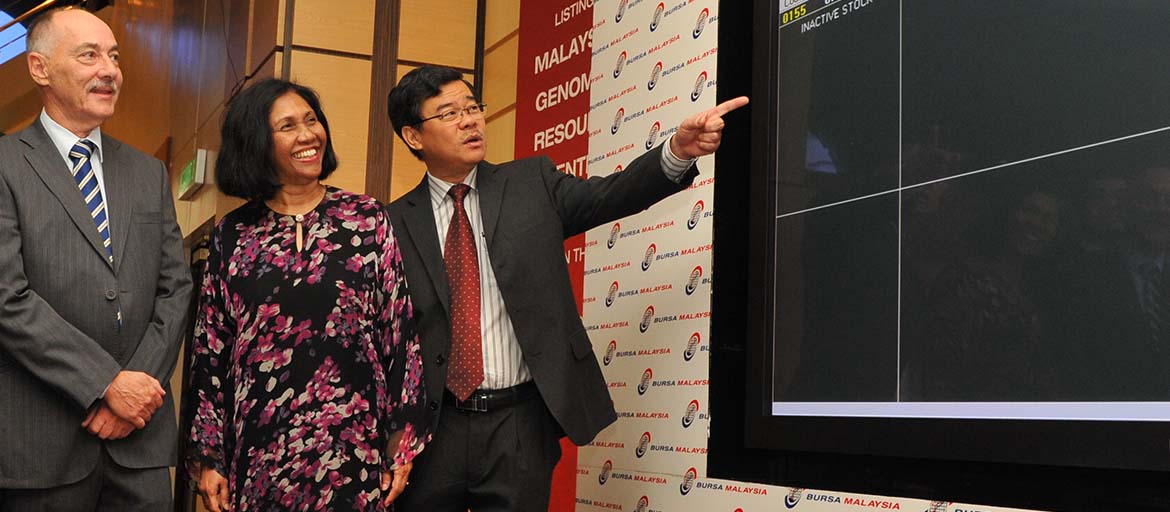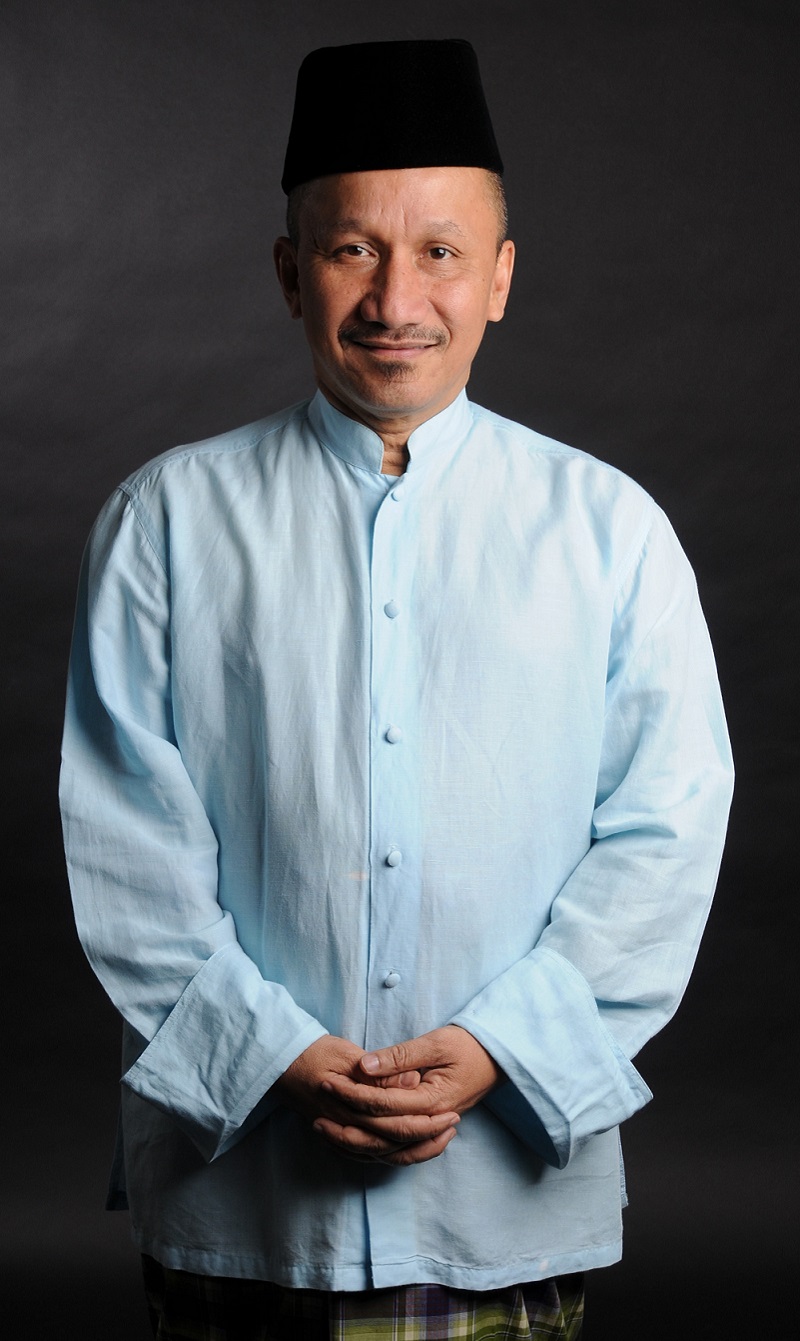Staying In Focus with… Datuk Munirah Abdul Hamid
Founder of a company that researches, develops and commercialises neuronal technologies that capitalises on artificial intelligence (AI), Datuk Munirah Abdul Hamid knows a thing or two about AI. Here, she sheds some light on this perpetually trending technology that is causing disruptive change in many industries.
Datuk Munirah Hj Abdul Hamid,
Founder and Managing Director, Neuramatix Sdn Bhd, Malaysia
How would you explain AI to your grandmother?
‘Grandma, look at how you are grinding your spices, pounding the chillies, lighting up the wood stove, watching over the rice so that dinner tastes good and nothing is burnt. One day, cooking will be much easier with electrical appliances to do the general grinding, pounding and cooking for you.
‘Then it will go even further so that you can be somewhere far away from home and your kitchen but you use something called a smartphone, [which is not the telephone you have in the house now], to command your slow cooker to start cooking dinner so that by the time you get home, you can serve a good dinner for the family to enjoy.’
Were you an ‘A’ student in school?
I dropped out at 15. I was a top student for my state at 12 so I was chosen to go to a top local boarding school, Tunku Kurshiah College, but I was bored there. I was generally bored with the school syllabus. I used to read the school textbooks within the first month of school and spend the rest of the year feeling uninspired. So, I decided to homeschool myself at 15.
What sparked the idea to venture into AI?
My husband was always reading sci-fi and when our son was born in 1974, he came up with an algorithm to see if he could teach the computer to speak and learn faster than our son. Of course, computers then did not have the memory or capacity to do that.
If you had another go at entrepreneurship, what would you change?
I would have taken the offer made by the American venture capitalists to relocate to the States in 2008, despite the fact my husband had no idea who Michelle Pfeiffer was. (You see, they really wanted us to relocate and were showing us these beautiful homes including one which was up for sale. It was apparently next door to the actress Michelle Pfeiffer’s property.)
We could have explored the full potential of my husband’s algorithm with the best brains there. It is always about being daring to push the boundaries.
From your experience, do you think AI can render humans obsolete in the workplace?
This is already happening in certain segments but the human touch is also special and most marketable.
In April 2017, Wall Street investment giant Blackrock cut more than 40 jobs, replacing them with artificially intelligent, computerised stock-trading algorithms. In January 2017, Fukoku Mutual Life Insurance in Japan did the same with 34 positions previously run by human managers. Factories around the world are replacing production line managers with AI systems capable of making complex production decisions while in the healthcare industry AI algorithms are outperforming clinical specialists in the diagnosis of disease and the list goes on.
The McKinsey Global Institute estimates that AI could replace 50 per cent of jobs worldwide by 2055.
Its consequence?
As AI replaces more and more jobs, society is faced with new questions. Should AI machines and systems that replace humans in jobs be taxed? Should machines and systems have rights? If an accident or error occurs, who is at fault? In Malaysia, would the proposed employment insurance scheme still apply if a job was ‘lost’ permanently to an AI application or a robot?
AI’s general impact in Malaysia through the years?
Malaysia is part of the global community and the impact of AI is not unique to Malaysia. As consumers, Malaysians have welcomed the likes of Siri, Waze and Amazon’s recommendation system. As business owners, we had to deal with disruptions to the way we design, develop and distribute products and services to consumers.
Considering the high rate of unemployment in Malaysia Will AI raise unemployment in Malaysia?
Possibly. This could be an ‘acid test’ for the country.
Why?
Malaysia’s productivity has long been driven by human capital rather than talent. Through our many National Plans, the Government is steering us towards a high income nation driven by higher value jobs with a focus on talent development. As AI replaces jobs, it forces us towards higher-skill, higher-value and higher-income jobs. The alternative is a rather negative scenario of economic loss, increased social tension and bleak futures.
Technology, especially AI, democratises power and decision-making. It decreases the paternal role of governments and policy makers to decide on our economic futures and forces individuals to increasingly take responsibility for their own welfare.
How does AI help us?
We have just passed the start of the fourth industrial revolution. In the first industrial revolution, water and steam power gave us merchandised production; in the second, electricity gave us mass production; and in the third industrial revolution, computers and communication systems digitised, automated and decentralised this production.
Each revolution delivered us into a bright and brave new world but this would not have been so evident when standing at the start of the revolution or just past the start line, where we are right now.
There will not be any part of society or humanity that remains untouched by the advent of intelligent systems and machines; or by the scale, scope, complexity and velocity of changes that the core technologies of the fourth industrial revolution bring.
What will be the result of AI’s impact?
AI will drive upward shifts in efficiency, productivity, research and development and innovation, while driving costs of production, trade and distribution, down. This will result in growths in global income levels and improve the quality of life for whole populations.
Unfortunately, the gap will grow between those who are able to afford and access AI and those who cannot. As AI helps push the global community upwards, it is our responsibility to push for equal and pervasive access for all.
Final Thought…
As a final thought, I believe that AI will also change ‘who’ we are. The fourth industrial revolution will include an alteration of the human ‘being’ as we, as a species, as we start to integrate intelligent machines into our biological form. AI will not only change what we do but who we are.
Read more from panellists of WIEF’s Global Discourse on A.I., Professor Nadia Thalmann, and Professor Anton Nijholt.
___________________
Find out more on A.I.





